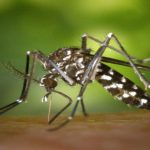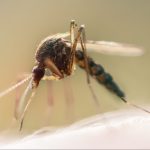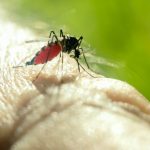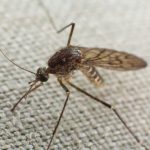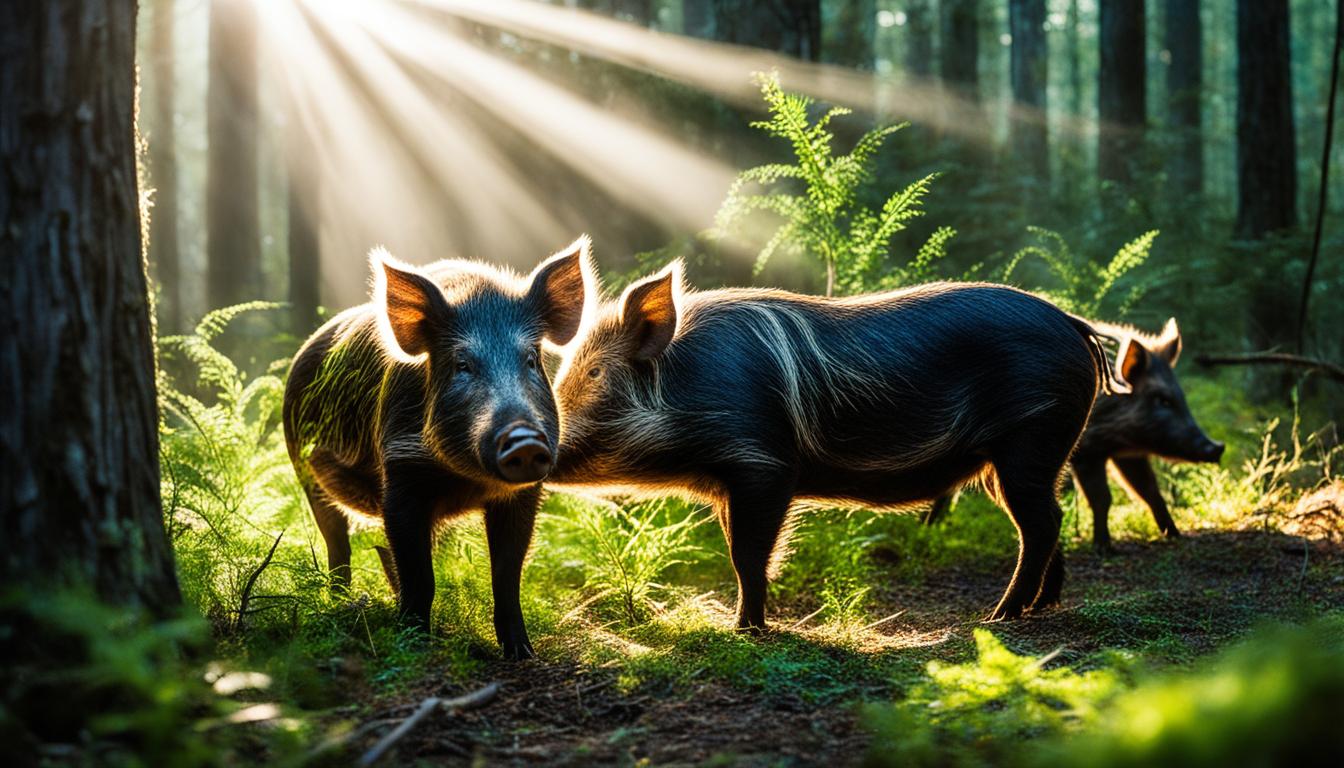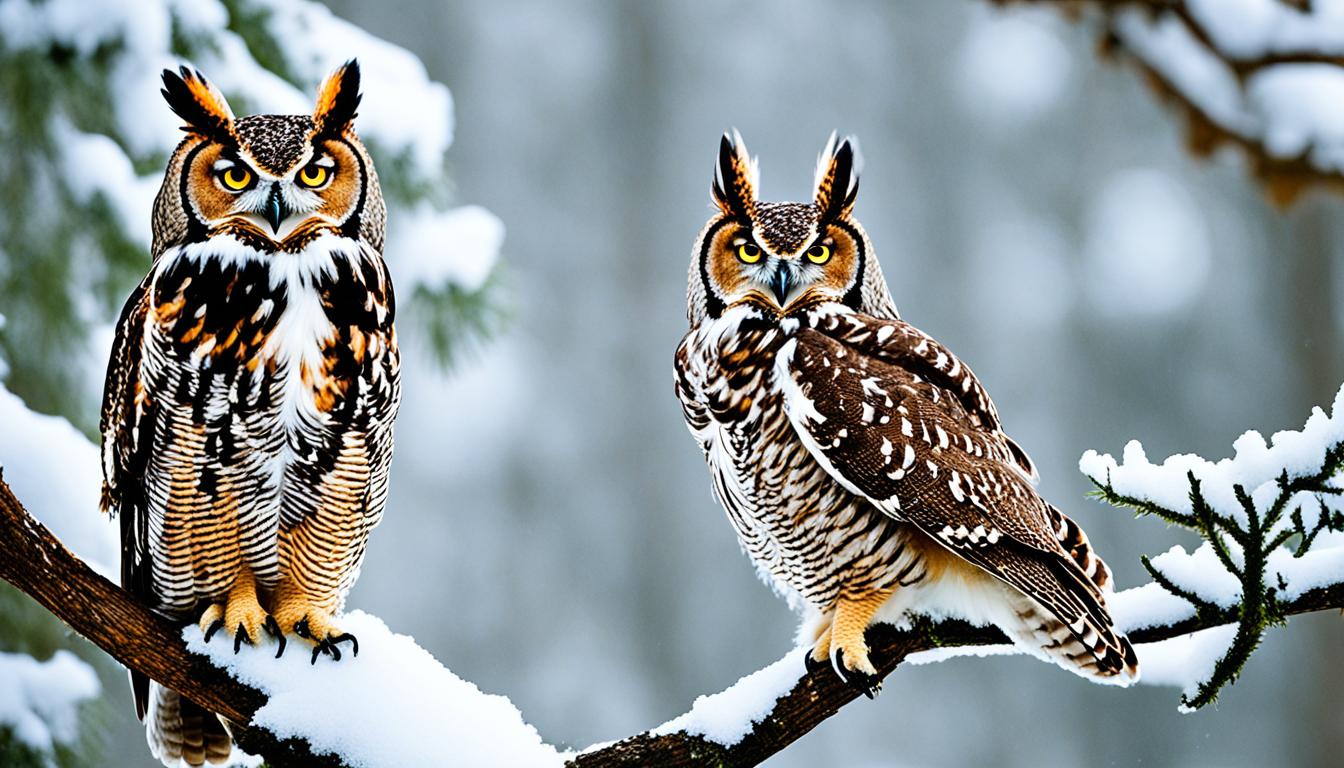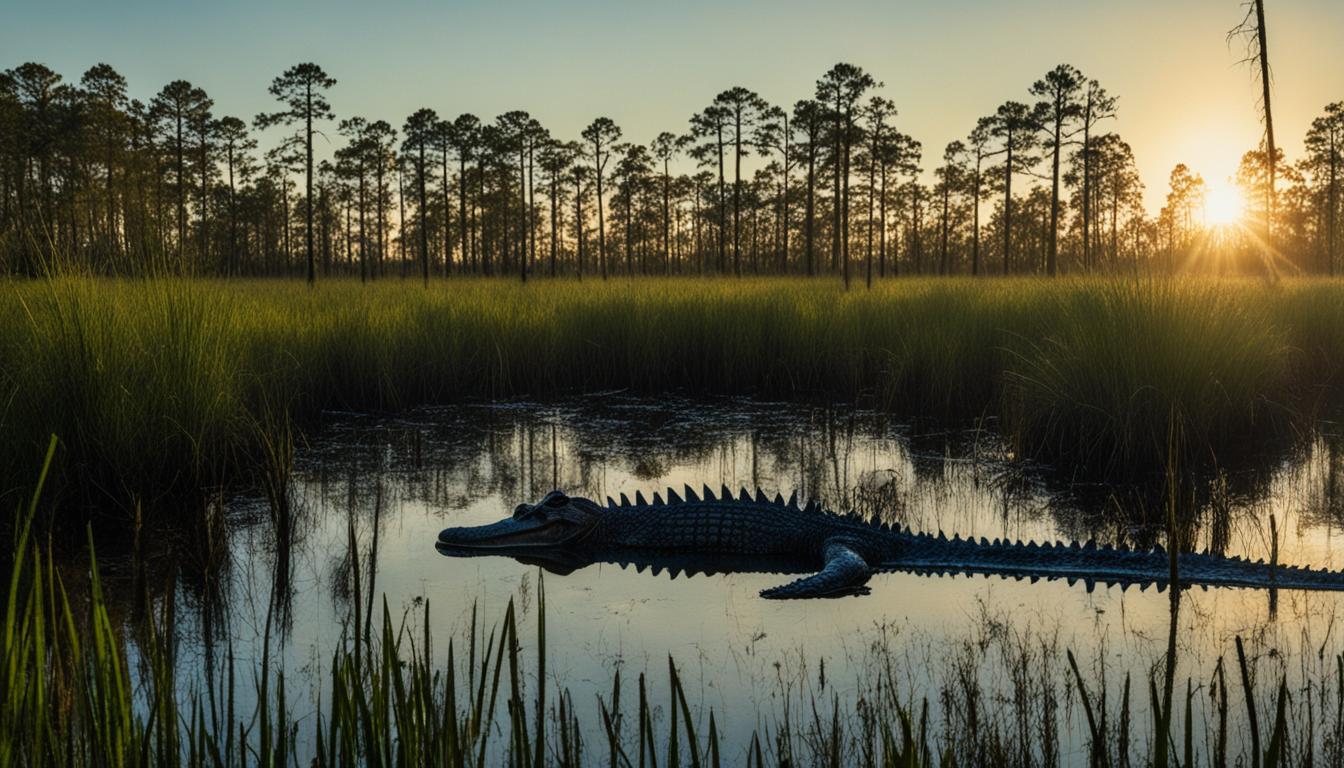Mosquitoes (sometimes-spelled mosquitos) belong to the family Culicidae, which contains almost 3,600 different species of tiny flies (from the Latin culex meaning “gnat”). Mosquitoes have a slim body that is segmented, with one pair of wings, one pair of halteres, three pairs of long hair-like legs, and protracted mouthparts. They feed on the blood of other animals.
The blood of vertebrates, such as mammals, birds, reptiles, amphibians, and certain fish, as well as the blood of some invertebrates, most often other arthropods, is the primary source of nutrition for the thousands of species of mosquitoes that exist today.
During the bite, the mosquito transfers its saliva to the host, which may result in a rash that is itchy and uncomfortable. Furthermore, several animals are capable of ingesting diseases while biting, and then passing them on to subsequent victims. Mosquitoes play a significant role as vectors of parasite illnesses like malaria and filariasis, as well as arboviral diseases including yellow fever, Chikungunya, West Nile, dengue fever, and Zika.

Are mosquitoes autotrophs or heterotrophs?
Mosquitoes are considered heterotrophs because they feed on other forms of life. Because animals do not get their energy directly from the sun in the same way that plants do, practically no animals are capable of autotrophy. That is to say, animals such as the mosquito are unable to generate their own power!

Are Mosquitoes Carnivores, Herbivores or Omnivores?
In most cases, mosquitoes are classified as omnivores because they feed on both plants and animals. In spite of the fact that female mosquitoes feed on human blood, the majority of the time they consume nectar and sap. However, male mosquitoes are herbivorous because they do not feed on blood and instead consume only nectar and sap.

Do only female mosquitoes drink blood?
Mosquitoes that have reached adulthood can be either males or females. All male and female mosquitoes have a nutritional requirement for sugar, which can be fulfilled by the nectar that is produced by flowering plants. Other insects such as butterflies and bees share this requirement.
However, once they mature into adults, female mosquitoes are able to reproduce and start laying eggs almost immediately. Protein and lipids, both of which are found in the blood of other animals, are required for them to be able to accomplish this task. In the meantime, male mosquitoes continue to have a requirement for sugar meals.

Why do mosquitoes need to drink blood?
Mosquitoes require blood for two primary reasons: the first is so that their eggs can develop, and the second is so that they can obtain protein. In order to feed on its host, a mosquito must first pierce the skin of its victim and then inject its saliva into the wound. The proteins and nutrients required for the rapid development and maturation of a large number of eggs that the female mosquito can lay are found in the blood. The female mosquito lays these eggs. In most cases, a female mosquito will deposit her eggs in water that has become stagnant. Once the eggs hatch, the mosquito larvae will feed on any small organisms that are present in the water. However, in order for mosquitoes to reproduce after reaching maturity and becoming adults, they need to find a blood meal.
Do mosquitoes drink blood from animals other than humans?
It is not necessary for a female mosquito that is ready to lay eggs to consume only human blood in order to survive. In addition to humans, birds like crows, jays, robins, and sparrows have to protect themselves from mosquito bites. The same can be said for waterfowl, which includes birds like ducks, geese, and herons.
Outside of the realm of birds, the mosquito’s food pyramid also includes small mammals like raccoons, as well as some snakes, lizards, frogs, and fish. Other potential hosts include birds.
So why do mosquitoes drink human blood at all?
Although some mosquito species, such as the tiger mosquito, do prefer to drink human blood, the real reason mosquitoes bite humans is because they often present the most attractive target when their preferred food source is in short supply. This is because humans often present the most attractive target when their preferred food source is in short supply.
The presence of a nearby food source can be detected by mosquitoes through a variety of cues, including movement, smell, sources of carbon dioxide (CO2) emissions, and a great deal more. The typical human being breathes out more carbon dioxide than, for example, a squirrel, which causes a larger blip on the radar of a hungry female mosquito and makes them an easier target overall. In addition, the human body contains odor-producing chemicals that, while disagreeable or undetectable to us, cause the mouth of a female mosquito to water.
Therefore, despite the fact that the swarm of mosquitoes may not be bothering you at the moment, the fact that they are likely mating is not a good sign. A mosquito that is hungry for blood will not hesitate to feed on whatever or whoever it can get its mouth on because it is aggressive and opportunistic.
What are mosquitoes in the food chain?
The females of the mosquito species are considered secondary consumers because they feed on both plants and animals, whereas the males are classified as herbivores and belong to a lower trophic level. They are considered to be on the third trophic level in the energy pyramid because they are considered secondary consumers. This indicates that not only are they hunted by humans, but also by a wide variety of predators.

Is a mosquito a producer, consumer, or decomposer?
The trophic levels of mosquitoes change depending on the species of mosquito. For example, mosquito larvae, which play the role of producers in a single food chain, are at the first trophic level because they are the primary producers. Because male mosquitoes are herbivores, they are considered to be on the second trophic level because they consume the food that is produced by the producers.
Do Vertebrate or Invertebrate Mosquitoes Have a Specific Diet?
Mosquitoes, despite being considered a menace by many, play an important ecological role. But are mosquitoes vertebrates or invertebrates?? Well, mosquitoes fall under the category of true insects, making them invertebrates. Their diet includes nectar, but only female mosquitoes require blood, as it provides the necessary nutrients for egg development. So, in conclusion, mosquitoes are invertebrates with a specific dietary requirement for blood.
What is the role of mosquitoes in the food chain?
The fact that mosquitoes are food for many different kinds of animals gives them an important role to play in many different ecosystems. There are a variety of animals that consume mosquitoes, including birds, fish, turtles, frogs, dragonflies, spiders, and even some other species of mosquitoes. Some animals consume mosquitoes when they are in the larval stage of their life cycle, while other animals consume them when they are in the adult stage.
- Mosquito larvae – food
- Mosquito larvae called “filter feeders” are able to pull microscopic organic particles from the water, like single-celled algae, and use them to build their own bodies.
- A food source for fish.
- Nutrient-dense morsels are designed for consumption by fish and other aquatic animals.
- Mosquito larvae help in the maintenance of the ecosystem
- Mosquitoes eat the dead bodies of other insects that drowned in water. Mosquito larvae eat waste products. Mosquitoes use waste products to get nutrients like nitrogen.
- Mosquito eradication could have an impact on plant development.

